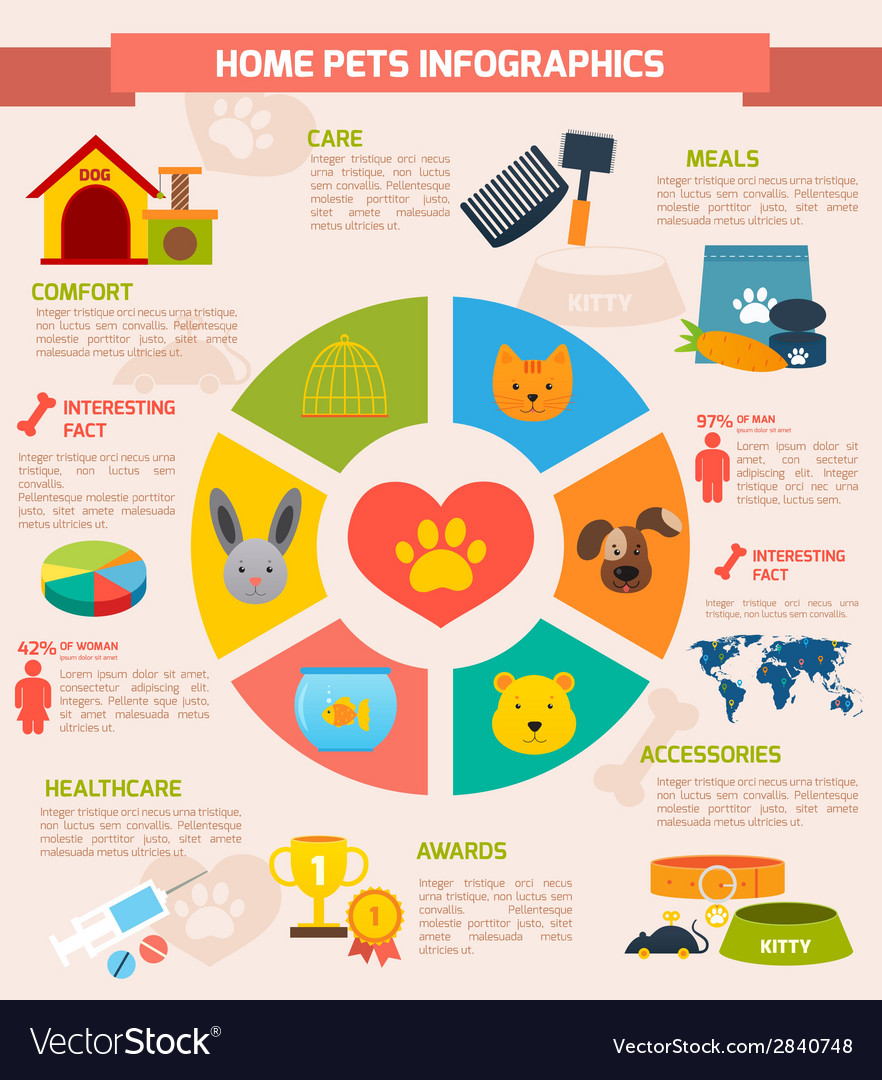Should Dogs Go To Daycare Daily
Should Dogs Go To Daycare Daily
Blog Article
Can Dog Day Care Reason Ailment?
Pet childcare is a fantastic method to socialize your family pet in a risk-free and regulated atmosphere. Much like youngsters, pet dogs at day care can capture a range of germs.
Some of these consist of: Dog distemper - an air-borne virus that attacks the respiratory system and intestinal systems with signs and symptoms including throwing up and bloody looseness of the bowels. This is extremely contagious and can be fatal. Avoidance includes a reliable vaccine, and reputable centers usually need this vaccination.
Pooch Distemper
Just like children who go to college, canines at a pet park or daycare can obtain many different infectious diseases. These can include kennel coughing, mange, ringworm, canine flu, distemper, rabies, and parvovirus (parvo).
While there are several diseases that trigger coughing, high temperature, anorexia nervosa or seizures, the mix of these symptoms with the development to a nervous system condition is unique to distemper. This can result in fatality, especially in young puppies and unvaccinated grown-up dogs.
Distemper is spread out largely by direct get in touch with in between dogs, but can likewise be sent via breathing secretions or by contact with common food bowls, products, equipment and surfaces. The infection is shed in bodily secretions, and polluted hands, feet, noses and mouths. Pups and strays are most susceptible to infection.
Dog Flu
A really transmittable viral disease that affects canines (and in uncommon cases, felines). It is spread out by respiratory system secretions and infected objects, such as leashes, toys, food bowls and collars. It can likewise be moved from human hands to the mouth and nose of contaminated dogs.
Symptoms include coughing, sneezing, drippy nose and eyes, fever and anorexia nervosa. Extreme cases can lead to pneumonia.
Because this is a fairly new illness, a lot of pets have no all-natural resistance versus it and will certainly become infected when initially subjected. Vaccinations are readily available. Reputable daycares and boarding facilities will require all dogs to be up to date on their influenza, bordetella and parainfluenza vaccinations. If your pet is experiencing signs and symptoms of kennel coughing, it's ideal to keep them home from daycare up until they are free from the health problem.
Dog Coughing
Canine contagious tracheobronchitis, even more frequently referred to as kennel coughing, is a multifactorial illness triggered by a range of infections and germs. Commonly, influenced pets create a completely dry hacking coughing that is worsened by exercise or enjoyment and can last for weeks. Much more severe cases can result in bronchopneumonia and require hostile therapy consisting of a hospital stay for IV-provided prescription antibiotics, oxygen therapy and fluids.
The most typical reason for kennel cough is the bordetella bacterium, but infections can also be caused by herpesvirus, parvovirus and adenovirus. It is transmitted via beads launched when infected canines sneeze browse around this site or cough, dog-to-dog contact and sharing things such as food and water bowls or playthings. Inoculation for this illness is available and is recommended for pets that hang around in boarding centers, grooming shops, pet childcare and training courses in addition to those participating in canine sporting activities or team canine walks.
Canine Parvovirus
Canine parvovirus (CPV) is one of the most unsafe illness that impacts unvaccinated canines. The virus strikes the intestinal tract, resulting in throwing up and extreme diarrhea. It also contaminates the bone marrow, bring about a decrease in protective leukocyte. The damaged immune system allows the infection to spread out quickly. It is especially lethal for puppies and pets of young age, however it can likewise attack grown-up canines and other canids like prairie wolves and foxes.
This highly transmittable health problem is spread via direct contact with an infected pet, the polluted environment such as kennels and food bowls, and also the hands and clothes of people taking care of the canine. Vaccination for this ailment is effective, and reliable childcare and boarding facilities will certainly need it. The kennel cough injection is frequently advised along with the parvovirus vaccination.
Canine Bloodsuckers
Bloodsuckers might be internal (worms) or outside (fleas, ticks). Digestive parasites can cause a range of issues, yet they are especially serious in young pups. As an example, hookworms attach to the digestive wall and suck blood, bring about anemia in young puppies. Puppies might be contaminated with these parasites by eating feces-contaminated dirt or via the mom's milk during nursing. Pups might also become infected with whipworms, which are single-celled bloodsuckers that attach to the intestinal tract and decrease nutrient absorption, causing chronic watery diarrhea.
Canines can likewise be contaminated with tapeworms, heartworms, roundworms and giardia. If you see worms in your pet's feces, a visit to your vet is recommended for medical diagnosis and treatment. Bloodsucker infections are avoidable with monthly spot-on treatments and regular cleansing of food, water and feces bowls.